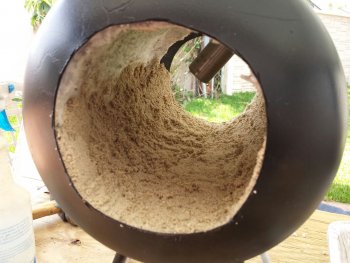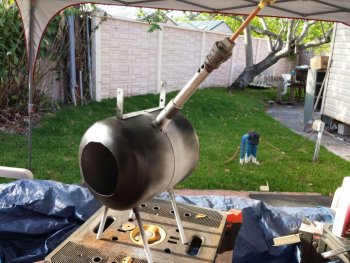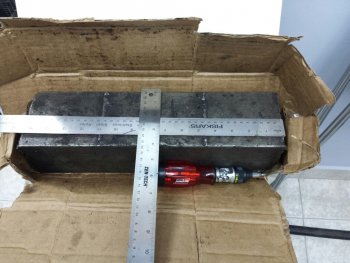J S Machine
Well-Known Member
Every knife I have made thus far has been from stock removal methods or someone else's damascus. I have not gotten into the forging side of things because of where I used to live. I was in a neighborhood with houses really close together, and they would have never put up with the noise. We recently moved to a place out in the country where I can do it now.
I'm almost afraid to look at the cost I have ahead of me, but I need to know the basics of what I will need. I would like to get into making my own damascus and forging my own blades. I'm not sure of the things I need, but I do know I need to either build or buy a forge, an anvil of some sort, hammers, etc. I know that most of the guys really doing awesome damascus work are using presses. What kind of press is this exactly and where can I find them?
Judging by what I'm seeing on the cost of anvils, I imagine I will be accumulating this stuff over the next few years. I don't have a ton of money to throw at it.
I'm almost afraid to look at the cost I have ahead of me, but I need to know the basics of what I will need. I would like to get into making my own damascus and forging my own blades. I'm not sure of the things I need, but I do know I need to either build or buy a forge, an anvil of some sort, hammers, etc. I know that most of the guys really doing awesome damascus work are using presses. What kind of press is this exactly and where can I find them?
Judging by what I'm seeing on the cost of anvils, I imagine I will be accumulating this stuff over the next few years. I don't have a ton of money to throw at it.



